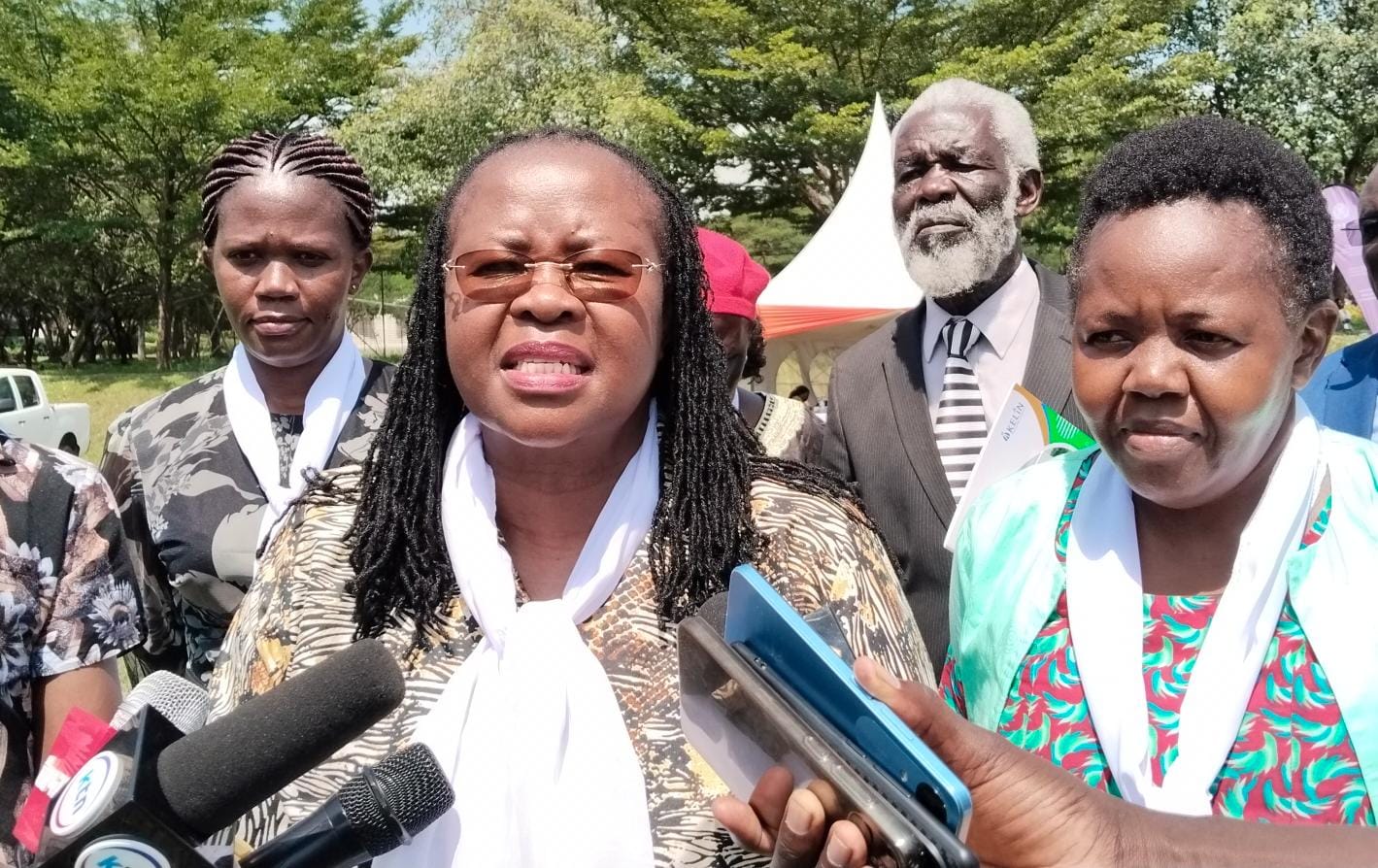

In an effort to stem the rising tide of gender-based violence, teenage pregnancies and HIV infections, nominated Senator Catherine Mumma has launched a community-driven campaign in Nyakach, Kisumu county.
The initiative, backed by President William Ruto, marks a critical step towards addressing what she calls a “national crisis.”
“GBV is not just a problem of Nyakach or Kisumu; it's a national problem. Every sector must come on board to deal with this menace,” Mumma stated during a community forum in Nyakach.
Despite having laws to address defilement, rape and abuse, Kenya continues to witness an alarming rise in GBV.
The senator expressed concern over the country’s global ranking – third in teenage pregnancies – terming it unacceptable for a nation that “should know better.”
Kisumu leads the country in HIV prevalence, with most new infections reported among adolescents aged 10-19.
Nyakach and Nyando constituencies account for nearly 19 per cent of teenage pregnancies, signalling a deep-rooted social problem.
To address this, Mumma brought together elders, youth, boda boda operators, chiefs, persons with disabilities, widows, community health promoters and law enforcement officers for a multi-sectoral discussion.
Participants were grouped to identify their roles in contributing to the problem, possible solutions and what the community and government could do better.
“We’ve invited boda boda operators because they’re often linked to teen pregnancies. We want to have honest conversations and co-create solutions,” Mumma said.
The forum also featured expert input from the National Syndemic Disease Control Council, National Gender and Equality Commission, KEFEADO, Fida and Chaka Chaka, offering insights into prevention, policy and accountability.
One of the more provocative issues raised was the absence of structured sex education in schools.
Mumma challenged the community to develop a local curriculum that equips children with age-appropriate knowledge, especially given the easy access to online pornography.
“We can give ourselves permission as parents to come up with a minimum package to protect our girls and boys,” she urged.
She cited a case of a nine-year-old girl in Homa Bay who suffered severe delivery complications after being impregnated.
“This cannot be our culture. It cannot be normal for men or women.”
Gender CEC Beatrice Odongo praised the people of Nyakach for their willingness to report cases, noting that high numbers reflect effective community vigilance.
She pointed to the county's ongoing development of a sexual and gender-based violence bill, which includes economic empowerment measures to reduce vulnerability.
“Some girls fall into these situations simply for lacking sanitary towels,” she noted.
Nyakach council of elders chair George Arogo admitted past inaction, but pledged to use their platforms to spread awareness.
He emphasised that poverty remains a key driver of GBV and early pregnancies, calling for broader government intervention.
NSDCC’s Steve Kathaka revealed that the county has the highest HIV burden in Kenya, with 135,000 people living with HIV, out of whom 53,000 are men.
He said GBV, especially sexual violence, directly harms girls’ education, mental health, and economic prospects, while emphasising that men face GBV too, mainly in the form of emotional abuse.
David Ocheo of NGEC highlighted Kisumu’s concerning GBV statistics for the first five months of 2025: 330 cases of sexual violence and over 576 physical assault cases.
He called on cultural leaders to use their influence to end stigma and promote reporting.
“GBV costs families financially and emotionally and the nation billions in lost productivity,” he warned.
As the forum concluded, a unified call for male involvement echoed across the community.
Men were urged to see themselves not only as part of the problem but as essential partners in finding lasting solutions.















